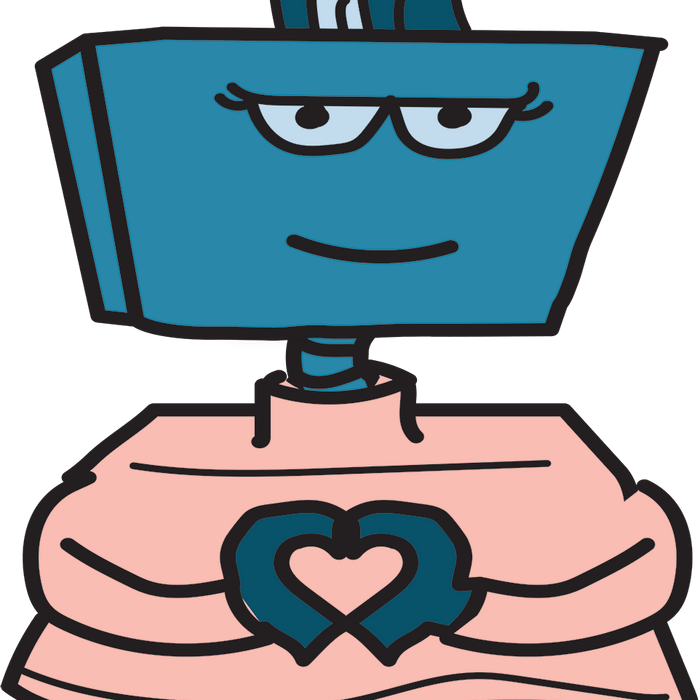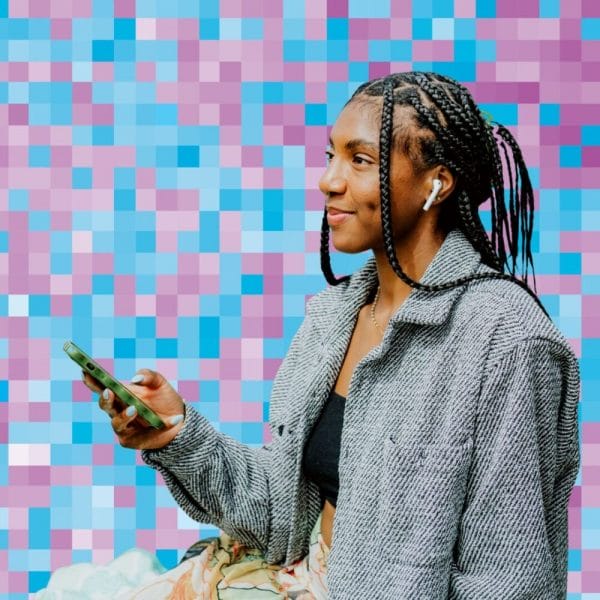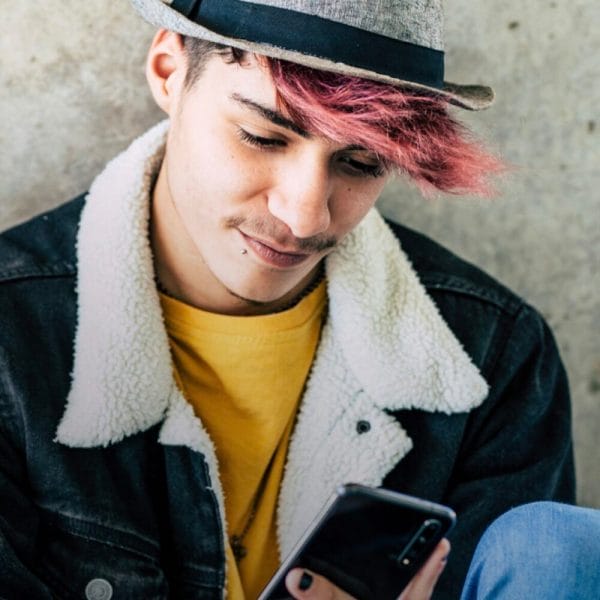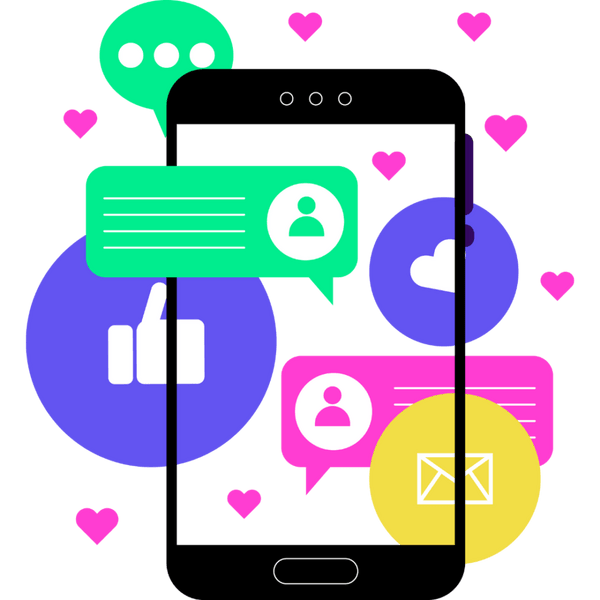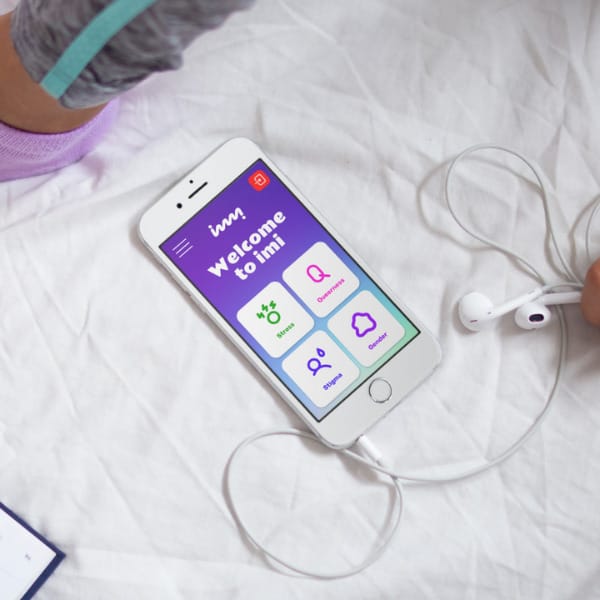Use of the Chatbot “Vivibot” to Deliver Positive Psychology Skills and Promote Well-Being Among Young People After Cancer Treatment: Randomized Controlled Feasibility Trial
Stephanie Greer, PhD ; Danielle Ramo, PhD ; Yin-Juei Chang, PhD ; Michael Fu, MD ; Judith Moskowitz, PhD ; Jana Haritatos, PhD
ABSTRACT
Background: Positive psychology interventions show promise for reducing psychosocial distress associated with health adversity and have the potential to be widely disseminated to young adults through technology.
Objective: This pilot randomized controlled trial examined the feasibility of delivering positive psychology skills via the Vivibot chatbot and its effects on key psychosocial well-being outcomes in young adults treated for cancer.
Methods: Young adults (age 18-29 years) were recruited within 5 years of completing active cancer treatment by using the Vivibot chatbot on Facebook messenger. Participants were randomized to either immediate access to Vivibot content (experimental group) or access to only daily emotion ratings and access to full chatbot content after 4 weeks (control). Created using a human-centered design process with young adults treated for cancer, Vivibot content includes 4 weeks of positive psychology skills, daily emotion ratings, video, and other material produced by survivors, and periodic feedback check-ins. All participants were assessed for psychosocial well-being via online surveys at baseline and weeks 2, 4, and 8. Analyses examined chatbot engagement and open-ended feedback on likability and perceived helpfulness and compared experimental and control groups with regard to anxiety and depression symptoms and positive and negative emotion changes between baseline and 4 weeks. To verify the main effects, follow-up analyses compared changes in the main outcomes between 4 and 8 weeks in the control group once participants had access to all chatbot content.
Results: Data from 45 young adults (36 women; mean age: 25 [SD 2.9]; experimental group: n=25; control group: n=20) were analyzed. Participants in the experimental group spent an average of 74 minutes across an average of 12 active sessions chatting with Vivibot and rated their experience as helpful (mean 2.0/3, SD 0.72) and would recommend it to a friend (mean 6.9/10; SD 2.6). Open-ended feedback noted its nonjudgmental nature as a particular benefit of the chatbot. After 4 weeks, participants in the experimental group reported an average reduction in anxiety of 2.58 standardized t-score units, while the control group reported an increase in anxiety of 0.7 units. A mixed-effects models revealed a trend-level (P=.09) interaction between group and time, with an effect size of 0.41. Those in the experimental group also experienced greater reductions in anxiety when they engaged in more sessions (z=–1.9, P=.06). There were no significant (or trend level) effects by group on changes in depression, positive emotion, or negative emotion.
Conclusions: The chatbot format provides a useful and acceptable way of delivering positive psychology skills to young adults who have undergone cancer treatment and supports anxiety reduction. Further analysis with a larger sample size is required to confirm this pattern.
Read the full study in JMIR Publications
